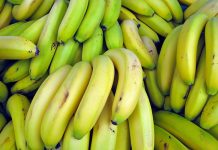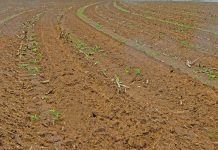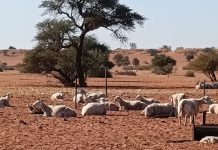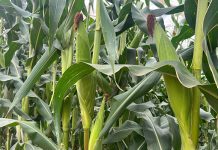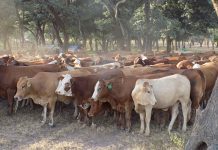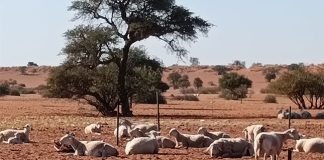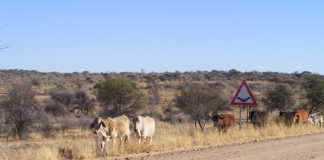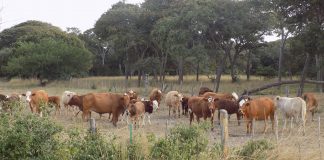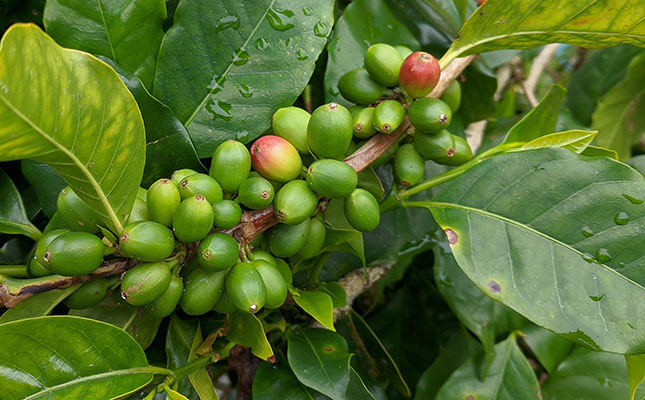
Photo: Pixabay
Angola had set its sights on the global coffee market, and two companies have so far invested in the expansion of coffee production in the historical coffee-producing areas of that country.
According to Africanews.com, the Café Cazengo coffee company had to date engaged 500 growers from among the 25 000 smaller farms producing about half the country’s coffee crop.
Coffee producers were also being supported by an EU-UN programme aimed at scaling up private sector involvement and the diversification of Angola’s mainly oil-based economy.
Agriculture formed around 13% of the country’s GDP, with Angola’s commercial coffee bean production increasing by 34% in the 2019/20 season.
In the 1970s, about 250 000t of coffee was produced in Angola annually, but production was interrupted by the country’s long-term civil war.
According to a report by the European Commission, coffee production and the productivity of the sector in Angola had since started to slowly and consistently increase again, reaching production of 9 200t of dry coffee in 2018/19.
One of the major challenges being faced was replacing imports with local production, while at the same time increasing exports to external markets.
The report stated that Angola produced mainly the Coffee canephora coffee species, generally known by its commercial name Robusta.
The crop was grown in the mainly low-lying northern regions of the country, and new plantations of Coffea arabica, commonly known as arabica coffee, had recently been introduced at higher altitude in the country’s Central Plateau region.
However, due to the lack of processing capacity, roasting was generally undertaken in export destination countries such as Portugal, Lebanon and Spain, and as such, Angola was concentrating on exporting high volumes instead of higher-value products.
Cécile Bessou, agroecology researcher at the French-based agricultural research group Cirad, told Africanews that there was real commitment from the country’s government and international institutions to get Angola’s coffee sector back to its former glory.
The Fazenda Vissolela company was currently managing 5 000ha of land of which 1 000ha were earmarked for coffee production.
According to the company’s general manager, Guilherme Diniz, Coffea arabica trees had been selected for the production of ‘specialty coffee’, which would be set aside for exporting.
The company produced 2 160t of coffee in 2021, and expected to increase production to 5 400t by 2025.

